 |
| March 02, 2022 |
 |
| |
| |
| |
| |
| |
| |
| |
| |
| |
| |
| |
FROM THE STORE
 | | The Age of Humans Humans have accomplished a great deal in our relatively short history - and have left our mark on Earth in the process. In this eBook, we examine the story of us: how we got here, the world we've built and how we'll need to continue to adapt if we are to manage our impact on the planet and build a better future. |  | | |
| |
FROM THE ARCHIVE
 | | | |
| QUOTE OF THE DAY
 "The worst thing is when children are afraid, feel threatened, maybe even experience violence and are left alone with it--or if maybe it's not even talked about. If that's the case, the psyche is easily damaged." Torsten Andersohn, psychologist and family counselor | |
LATEST ISSUES
 |
| |
| Questions? Comments?  | |
| Download the Scientific American App |
| |
| |


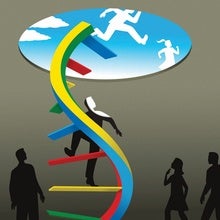


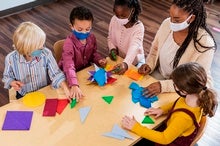

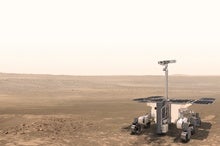
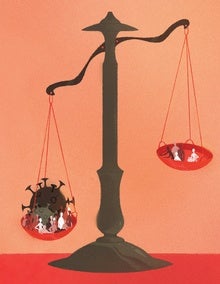
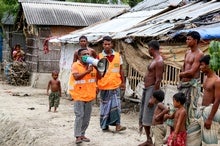
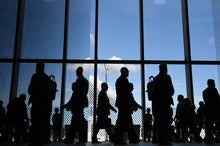

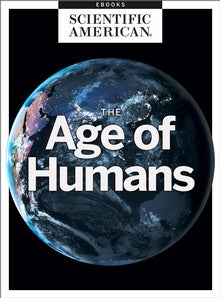



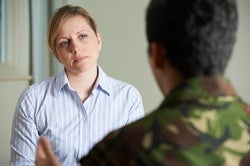
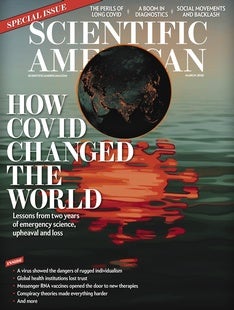

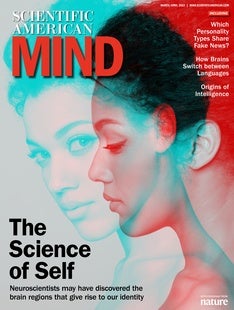
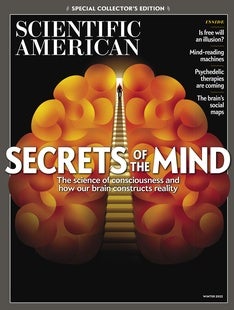
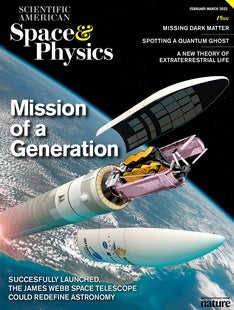



Comments
Post a Comment